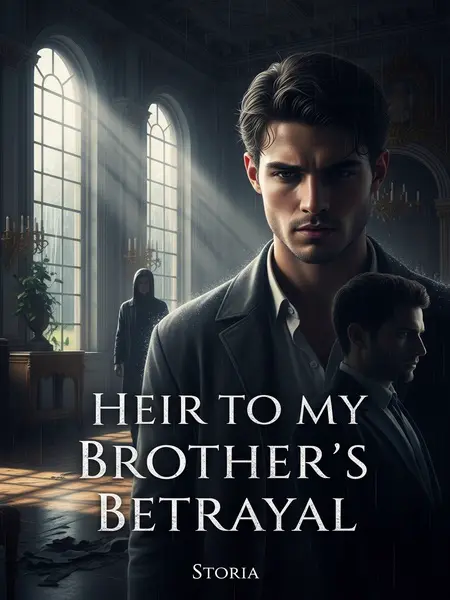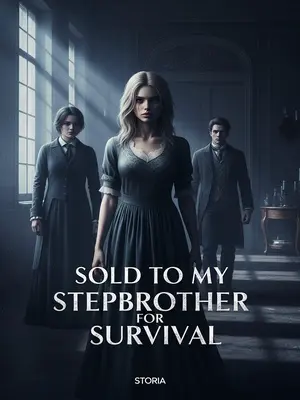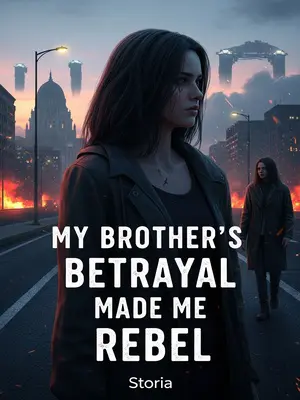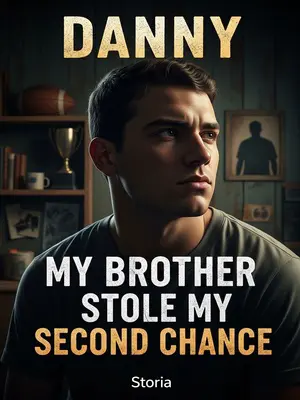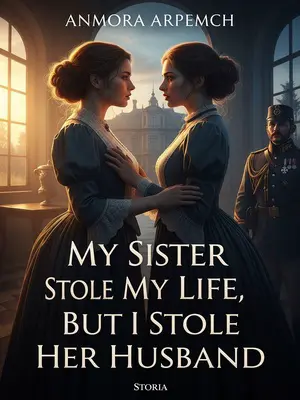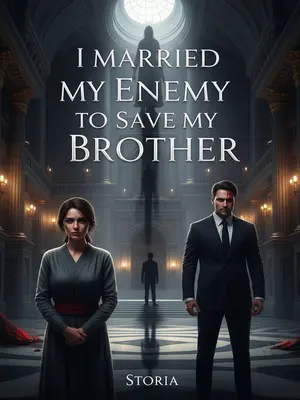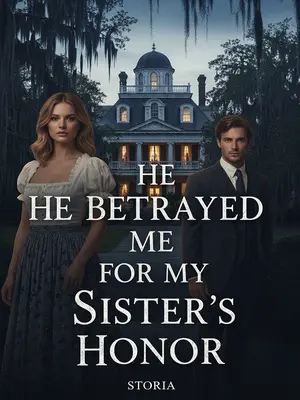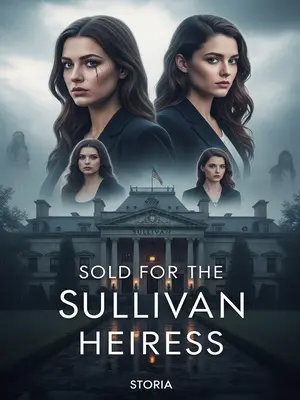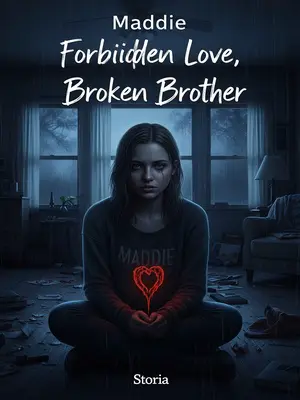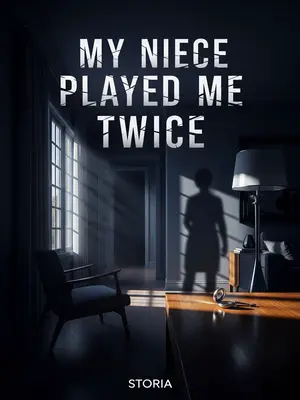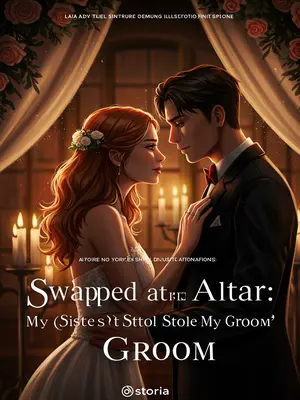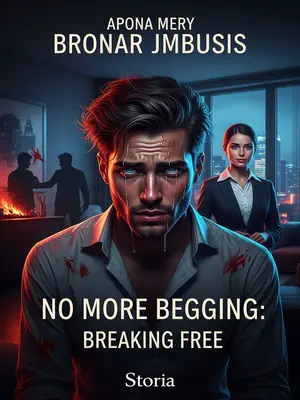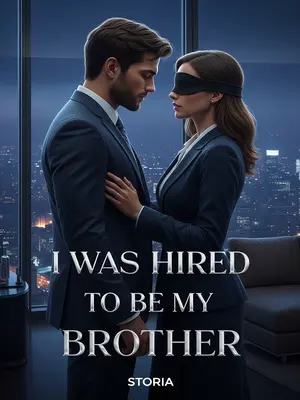Chapter 2: The Funeral—A Family Showdown
“My son, how am I supposed to live if you leave me like this?”
My mother’s eyes were red, her hands shaking as she stroked the casket beside her.
She leaned against the side of the coffin, clutching at the lacquered wood like she might somehow draw him back. Her voice cracked, echoing off the stained ceiling tiles. There was a smell of lilies and wax in the air, the heavy, cloying scent of every American funeral home.
This was Ethan’s funeral home.
The place was cold and overlit, with folding chairs set in rigid lines and an old stereo playing some canned, generic hymn. The air conditioner hummed, fighting the summer heat. People drifted in and out, whispering behind handkerchiefs.
Her wailing cries cut through the air.
The sound was raw—so sharp it seemed to split the room. Even the funeral director, a stiff man in a too-tight suit, looked uncomfortable.
I snapped back to myself—no stomach pain from exhaustion, no suffocating despair before death.
I blinked, disoriented. For a split second, I thought I was dreaming. My body felt light, untouched by the years of hard labor and sleepless nights. No IV drip in my arm, no gnawing, empty ache in my belly.
I had actually come back.
My mind whirled as I realized this was real. I could smell Mom's perfume, the old wood polish, the cheap coffee on the reception table. I was alive. Younger. The weight of ten years somehow peeled away.
In my previous life, it was right here at Ethan’s funeral that someone broke my hand, leaving me disabled for life.
I flexed my fingers—whole, unbroken. The memory still flashed behind my eyes, though: the crunch, the pain, the humiliation as family and strangers alike turned away.
My mother clutched her chest in dramatic grief, putting on a show as if her heart were truly breaking.
She pressed a crumpled tissue to her face, sobbing with all the stagecraft of a local theater lead. For a second, I saw through it—the calculation beneath her mask.
Only when she saw me did she pull herself together and walk over: “Did you get the money?”
She wiped her eyes quickly, straightening her dress and putting on that old, familiar, steely expression. Her grief faded as fast as it had come, replaced by a cold, expectant stare.
I gripped my backpack strap tightly and took a step back.
The strap cut into my palm, and my heart hammered in my chest. My instinct was to back away, to protect what little I still had.
Trying to sound casual, I said, “The amount is too big, and there are a lot of steps. I can’t withdraw it all at once.”
My voice came out thin and uncertain, almost too quiet to hear over the funeral home’s hum.
My mother’s face fell in disappointment. She glared at me. “Are you that clueless? If you can’t get it, make a scene! Go stand outside the bank and threaten to call the news. Would they dare not give it to you?!”
She jabbed her finger at my chest, her voice rising, drawing the attention of everyone in the room. I could see heads turning, whispers starting. The Carter family drama, front and center for all to see.
When I stayed silent, my mother started dabbing at her tears again.
She let her shoulders shake, playing the part for every neighbor and distant cousin in earshot. I saw Aunt Linda’s lips tighten in a practiced frown of sympathy.
“If only you’d been willing to help Ethan back then, he wouldn’t have jumped.”
“You had money but wouldn’t lend it. You killed your brother! This is all your fault!”
Her words sliced through the room. I could feel the heat of their stares—the neighbors, the cousins, even Dad sitting in the corner with his head in his hands. Each accusation was a stone thrown straight at my chest.
She deliberately raised her voice, drawing everyone’s attention. Every word was sharp, like the blade of guilt swinging over my head.
The room seemed to shrink, the walls closing in as she spun her story for everyone present. The blame was thick as the floral air.
Looking at the fake death show they’d staged for my brother, all I felt inside was cold.
I saw through the pageantry—the flowers, the mourners, the tears. It was all a front, a twisted performance. My insides felt numb, frozen. I wanted to scream or laugh—anything but stand there, trapped by their lies.
My mother dumped all the blame for Ethan’s death on me. All the relatives and friends stared at me with contempt.
Their eyes burned into my back. I could almost hear the gossip already forming: 'That’s Ryan, the bad son. The selfish one.' I hated how small it made me feel.
She forced her expression back under control. “If we don’t have money for the interest, what if those people come to our door?”
Her voice was suddenly quiet, almost trembling, as if she were the one in danger. She shot a nervous glance toward the door.
In my backpack was fifty thousand dollars in cash, a loan I’d taken from the bank.
My hands tightened on the bag. I could feel the cold, hard edges of the stacks inside, my lifeline and my chain all at once.
In my previous life.
I remembered the paperwork, the drawn-out meetings with the bored loan officer, the weight of the cash as I slid it into the zipper pocket. Every dollar felt like a step further from hope.
Under her constant psychological manipulation, I willingly took on Ethan’s massive debts.
Looking back, I realized how she’d twisted every conversation, every hug or frown, into one more reason why I owed her—and why I owed Ethan everything, too.
When the loan sharks came, my parents suddenly fell ill and were hospitalized, leaving me to face everything alone.
They disappeared so fast it was like a magic trick. One minute they were sobbing at the kitchen table; the next, the hospital was their sanctuary, safe from the real consequences.
My fifty thousand dollars in cash vanished without a trace. I asked them for help.
I searched the house, ransacked every drawer, but it was just gone. When I called, they let it ring until voicemail. When I finally got through, it was nothing but excuses and sighs.
But my mother said, “We’re old and need this money for retirement. You’re still young, you can earn more, can’t you figure something out?”
Her voice was soft, but the words were a brick wall. There was no arguing—just resignation.
And my father questioned me over and over: “Your brother is dead, do you want to force us to die too?”
His words were a loaded gun pressed to my conscience. The guilt trip was relentless.
“Do you want money, or do you want us? You choose.”
There was no right answer. The room always seemed colder after he said it.
I couldn’t choose.
My head would spin, paralyzed between two impossible options. No matter what, I lost.
The loan sharks threatened that if I tried to bail like Ethan, they’d wipe out our whole family.
Their threats were real, their eyes wild and empty. I believed them—God, I believed them.
From the very beginning, my parents had only ever seen me as a cash machine.
That truth, hard and undeniable, settled in my gut like a stone. I wasn’t a son—I was a source of money, a shield to hide behind.
